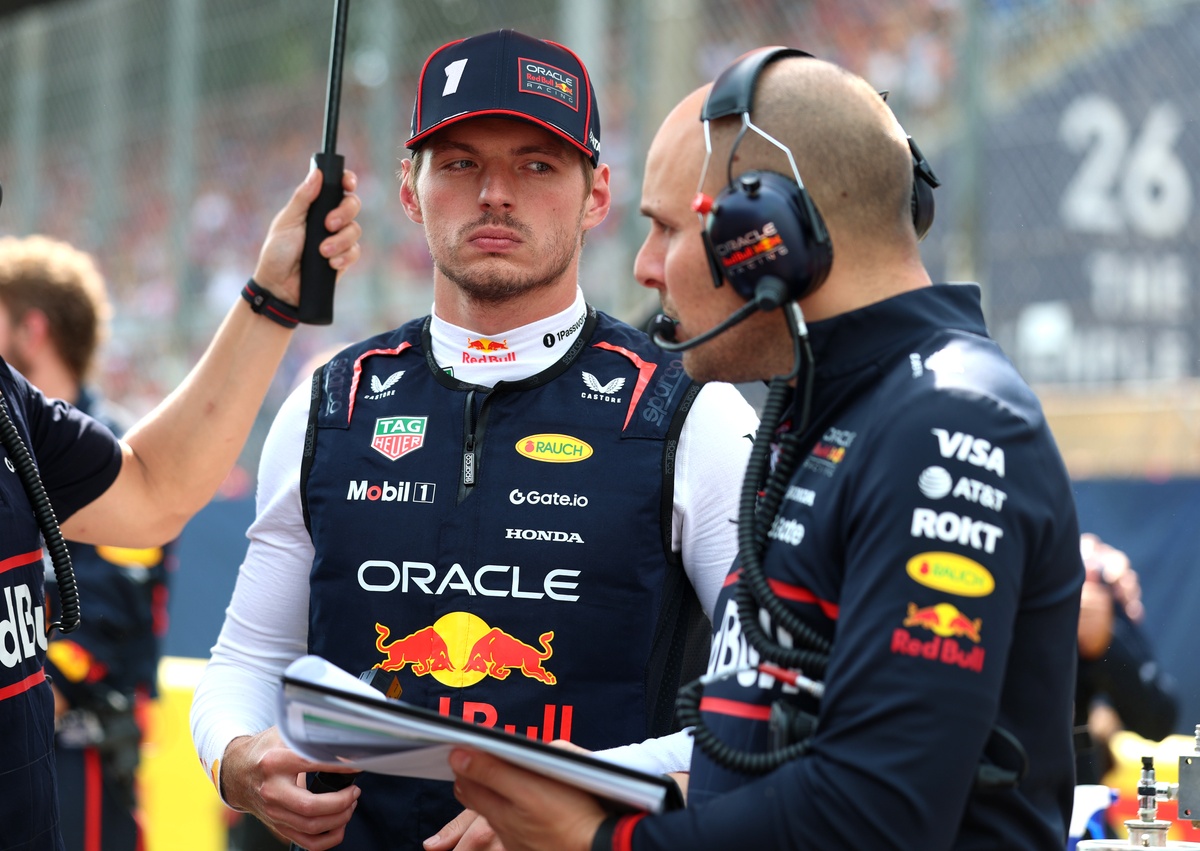
Red Bull's Monza Masterclass: From "Monster" to Dominance
Max Verstappen's commanding victory at the Italian Grand Prix at Monza was a stark contrast to Red Bull's struggles at the same circuit just a year prior. Verstappen himself had previously described the car's performance at Monza as that of a "monster," but this year, a combination of factors led to a dominant performance, culminating in a win with a substantial margin over the competition.
These factors included a specifically designed low-downforce rear wing, a new Honda power unit, and a revised approach to the entire race weekend. The result was a performance that left Red Bull's motorsport advisor, Helmut Marko, beaming. He highlighted Verstappen's control throughout the race, except for a minor first-corner incident, and emphasized the significance of a 20-second lead over McLaren as a "real achievement."
A Shift in Strategy: Ditching Blind Faith in Simulation
Marko revealed that a key change within the team involved a different approach to preparing for race weekends, particularly after the summer break. He emphasized that the team no longer relies solely on simulator data.
"The difference is that the preparation of a weekend is a different one now," Marko explained. The team now blends simulation results with the real-world experience of both Verstappen and the racing engineers. The goal is to create a car that is more predictable and easier to drive.
This new philosophy, according to Marko, is already yielding positive results. He pointed to the Zandvoort race as a turning point, noting that the team recognized and addressed previous mistakes. Despite Zandvoort not traditionally being a strong circuit for Red Bull, they secured a strong finish and built upon that momentum. This contrasted sharply with the previous year's Monza race, where they finished significantly behind the winner.
Verstappen's Crucial Role and the Influence of Laurent Mekies
Verstappen played a critical role in identifying and committing to the optimal set-up for the Monza race. Marko also acknowledged the positive impact of Laurent Mekies' arrival within the team.
"The engineers are listening more to the drivers now," Marko stated, emphasizing the importance of valuing the input of a fast and experienced driver like Verstappen. He noted that Verstappen's decision to stick with the low-downforce configuration for qualifying, despite differing opinions within the team, proved to be crucial. The team observed that this setup allowed them to pull away from the McLarens, validating the driver's input.
Marko highlighted Mekies' contribution in facilitating more technical discussions within the team. He believes that Mekies' arrival has fostered a more open environment where the technical team engages in constructive dialogue and avoids blindly following simulator data.
Verstappen's Perspective: Regaining Control and Understanding
Verstappen echoed Marko's sentiments, expressing his satisfaction with Red Bull's new approach to race weekends and his evolving relationship with Mekies. He explained that the team had previously struggled with inconsistent setups, often making extreme changes that indicated a lack of control and understanding.
"Up until now we've had a lot of races where we were just shooting left and right a little bit with the set-up of the car. Quite extreme changes, which shows that we were not in control," Verstappen admitted. He believes that Mekies, with his engineering background, has been instrumental in asking the right questions and guiding the engineers towards a better understanding of the car's behavior.
Verstappen also emphasized the importance of learning from past experiences and building upon successful changes. He felt that the team made significant progress in Zandvoort and further improved their performance at Monza. The result was a dominant display reminiscent of Red Bull's performance throughout the 2023 season, leaving McLaren far behind.


No comments:
Post a Comment